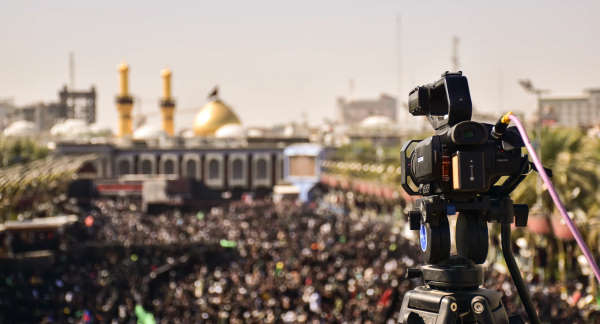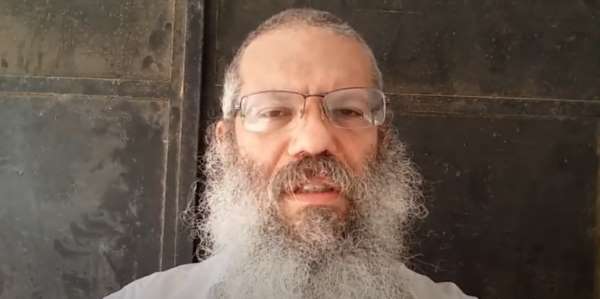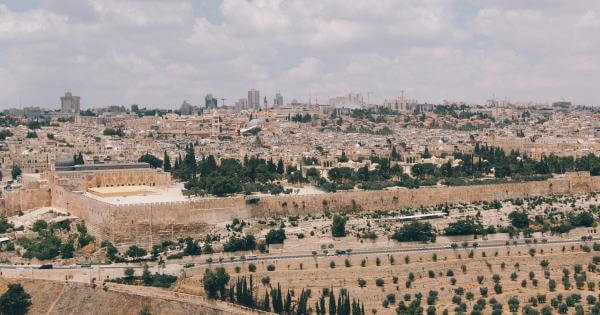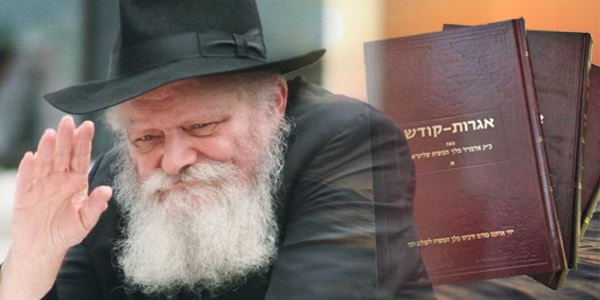ENTERING INTO THE COVENANT
Eight Questions
One of the primary sources for the Mitzvah of circumcision is this week’s parsha.
At the circumcision ceremony it is customary to recite this Blessing:
“Just as he has entered into the covenant so shall he enter into Torah, marriage [Chupah] and good deeds.”
The Blessing poses many questions:
First, why do we have to introduce future events? What is the connection between the Bris and Torah, Chupah and good deeds?
Second, what does “entering” into the covenant mean? Why doesn’t the Blessing just say, “Just as you had the Bris performed…”
Third, how does one enter into Torah, marriage and good deeds.
Fourth, what is the meaning of Torah in this context?
Fifth, why are good deeds mentioned last? Doesn’t a person perform good deeds before marriage?
Sixth, why does the Blessing use the term “good deeds” instead of the more common word, Mitzvos?
Seventh, why does the Blessing not include a reference to the significant milestone of Bar-Mitzvah?
Eighth, why does it refer to marriage as “Chupah” which simply means a canopy? Why not say “marriage” directly?
Three Categories of Mitzvos
One can answer all of these questions by focusing first on the term “entering.”
Upon some reflection, we realize that there are three categories of Mitzvos relative to the relationship between the Mitzvah and our bodies.
The first category includes Mitzvos that we perform through our bodies. For example, when we give Tzedakah with our hands, the body is the vehicle for the Mitzvah but is not the Mitzvah itself. The Mitzvah is the assistance we render to the needy individual. Our body was “merely” the instrument by which the Mitzvah is performed.
The second category is a Mitzvah that we do through and to our bodies.
For example, when we wear a Talis and Tefillin not only does it require the action of placing the Talis and Tefillin, they must be placed on our bodies. The body is an integral part of the Mitzvah; it is the “location” of the Mitzvah.
Circumcision is the third category in which the Mitzvah’s very objective is to alter the body, and do so irreversibly.
This, then, is the meaning of entering into circumcision. Not only is it a Mitzvah that is performed through the body, with and to the body, but the body and the Mitzvah become one seamless entity.
This is what is meant by entering into the covenant. We become an integral part of the Mitzvah. The Mitzvah envelops us and defines us.
[The Talmud states that women are born with the status of being circumcised with all of its spiritual qualities and legal amenities. For example, while only a circumcised male may partake of the Paschal offering, women are included in that sacrifice because they are considered to be full-fledged circumcised Jews.
In addition, women were given enhanced spirituality through three special Mitzvos that were “taken” from men and given to women: Challah, Mikveh and Shabbos and Holiday candles. What males may have to perform to gain certain spiritual qualities comes natural to women and further complemented by the foregoing three Mitzvos which add purity, holiness and G-dly light to their already natural enhanced spirituality.]
Entering Into Torah
We can now understand what it means to enter into Torah. The goal of the study of Torah, which starts when a child begins to talk, is to have the Torah impress itself on the child and have it define him by becoming the basis of our very identity.
By virtue of entering into the Covenant, a Jew becomes defined as a Mitzvah person. However, the child’s study of Torah adds another layer to his identity. He will now be defined by G-dly wisdom and see everything through the lens of G-d’s mindset, not that of everyday society.
Entering into the Chupah
The third layer of a Jew’s identity occurs when he stands under the Chupah.
Even a Jew whose life is already defined by Mitzvos and Torah must seek a third definition: one who lives his life under the same roof of his spouse, sharing his life’s mission with the other half of his soul from whom he was separated at birth. Since we are born with only one half of a soul, our identities are not complete without marriage.
To underscore the idea that marriage is not just a set of contractual obligations the couple pledges one to another, the Blessing uses the rich term Chupah as the symbol of uniting under one roof in one home.
Our Sages tell us that a homeless person lacks a fundamental aspect of his or her identity, perhaps even more so than one who lacks life’s other necessities. While the latter individuals are impoverished and suffer, their essential identities can remain intact. A person without a home is missing an integral part of his or her identity. Thus, standing under the Chupah symbolizes acquisition of one’s third identity, when we enter into a new existence, where are souls are complete.
However, there is one more identity that we must acquire. We must enter into good deeds. Good deeds, in this context, does not just mean Mitzvos. We received the “Mitzvah identity” at the time of circumcision. Bar Mitzvah cemented that identity and strengthened it. This is why the Blessing does not mention Bar Mitzvah as a separate stage.
Entering into Good Deeds
The next stage in life occurs when we enter into and engage the outside world. The reason our souls descend from their spiritual perch in Paradise and thrusted into our physical bodies is not just to affect those bodies and our homes. Each soul’s overarching purpose and goal is to change the entire world; to transform it into a palace for the Divine; where G-d, so to speak, can take up residence with us. We go from the Chupah, our humble abode, into the expanse of the Divine Palace, so that we are defined by Divine royalty. The good deeds that follow Chupah refer to the things we do that specifically refine and bring light to the outside world.
We do not just contribute to the construction of this Divine palace, which will be completed in the Messianic Age, we are defined by it.
This, then, is the meaning of the Blessing, “Just as he has entered into the covenant so shall he enter into Torah, marriage and good deeds.”
Just as we enter into the Bris that defines us as Jews who are committed to G-d’s commandments,, so too shall we be defined by G-d’s wisdom, the creation of a Jewish home and the transformation of the world into a Divine palace.
The Ultimate Period of Entering
The ultimate circumcision will occur in the Messianic Age, about which it is said, “I will circumcise the foreskin of your hearts.”
This will lead us to our ultimate identification with Torah, “for the entire world will be filled with the knowledge of G-d as the waters cover the sea.” The waters of Torah will envelop us.
We will then experience the ultimate Chupah-union between us and G-d.
And finally, the entire world will become the Divine dwelling-place that will define every creature, completing the process that all starts with the observance of the Mitzvah of circumcision.






